AFRICA
“Trump of the Tropics” Jair Bolsonare Likely to Become Brazil’s Next President
“I am in favor of a dictatorship,” boasted Jair Bolsonare, a far-right presidential candidate who scored an outright victory in Brazil’s first round of voting on Sunday.
Named the “Trump of the Tropics” by Brazilian media, Bolsonaro indeed runs his campaign on similar premises as did U.S. President Donald Trump—xenophobia, misogynism, anti-establishment appeals and a populist conservative platform.
Bolsonaro is arguably one of the most hateful and anti-democratic politicians in the world.
With a history of offensive remarks regarding women, racial minorities and the LGBT community, he once shockingly told a Brazilian congresswoman that she was not good enough to deserve his rape.
“I would not rape you. You don’t merit that,” Bolsonaro shouted to Maria do Rosário from the Workers’ Party in the middle of a congressional meeting in 2014. She was defending a report documenting the prevalence of rape under the U.S.-backed dictatorship from 1964 to 1985.
In another instance, when Brazil’s former President Dilma Rousseff promoted a school program to teach children to tolerate homosexuality, Bolsonaro contended that it was only because she was a lesbian. He also infamously called eleonora Menicucci, the Minister for Women’s Policy, a “big dyke.”
The former military officer also never shied away from voicing his admiration for military dictatorships. In fact, he served as an army captain during the country’s dictatorship era which witnessed the murder of 434 Brazilians of the torture of thousands.
Disillusioned with the corrupted national government and angered by the country’s poor economic performance, millions of Brazilians discarded the Worker’ Party—the ruling party from 2003 to 2016— and jumped on board Bolsonaro’s radical platform. The possible deprivation of civil and political liberties is a price they are willing to pay.
“You have to consider what were the best times for Brazil,” Georgewlany Smith, a 61-year-old public servant in Rio de Janeiro, told the New York Times. “Unfortunately it was the dictatorship.”
Smith’s sentiments parallel those of Brexit advocates in the U.K. and Trump supporters in the U.S. Nostalgia for the past is becoming a powerful rhetorical device that populist leaders all over the world readily exploit for political gains.
At the forefront of a nation-wide conservative movement, Bolsonaro is not, however, endorsed by any major political parties. He did not even have a running mate until early August.
Neither did he receive much political contributions from traditional donors. By September, his opponent Fernando Haddad has spent $6.3 million on the campaign whereas Bolsonara has only spent $235,000. The meager amount of money at his disposal mostly came from his fundraising projects on social media.
“For someone with no TV time, a small party, no political funds and who has been hospitalized for 30 days, this is a great victory,” said Bolsonaro—stabbed on the campaign trail last month—in a Facebook post.
Bolsonaro’s unexpected popularity presents a daunting task for the left-wing Workers’ Party to win more support in the second round of voting.
Fernando Haddad was hardly the party’s first choice. He only won a spot on the ballot due to the imprisonment of Lula da Silva—Brazil’s former president for two terms—on charges of corruption and money laundering.
A former education minister and mayor of São Paulo, Haddad is unknown to the majority of voters and lacks the charisma that characterizes Bolsonaro’s campaign.
As he is currently 17 percentage points behind his opponent, the prospect of his victory seems not to be optimistic.
Featured Image via Reuters/Pilar Olivares
AFRICA
The UK paid Rwanda an additional $126 million for the contested migrant plan.
As the tab for Britain’s controversial proposal to relocate asylum seekers to the East African nation continues to increase, the United Kingdom paid Rwanda an extra 100 million pounds ($126 million) in April. This was in addition to the 140 million pounds it had already provided Rwanda.
Even though the Rwanda project is at the core of the policy that British Prime Minister Rishi Sunak is employing to discourage illegal immigration, there have been no individuals sent to Rwanda as of yet due to legal challenges that have taken place since the initiative was introduced in 2022.
After Sunak’s immigration minister resigned this week, the polarizing policy is now regarded as a danger to Sunak’s leadership, which is anticipated to be challenged in the election that will take place the following year.
According to a letter that the British Ministry of the Interior issued on Thursday, the United Kingdom plans to give Rwanda fifty million pounds in addition to the 240 million pounds it has already provided to the East African nation.
The opposition Labour Party criticized the disclosures regarding the rising cost of a scheme that legal experts warned could collapse. Some parliamentarians within Sunak’s party are also expected to express their disapproval of the idea.
A statement by Yvette Cooper, the shadow interior minister for the Labour Party, on social networking site X, said, “Britain cannot afford more of this costly Tory chaos and farce.”
On Friday, however, the newly appointed minister for legal migration, Tom Pursglove, explained what he called the “investment” of 240 million pounds. He stated that once the Rwanda policy was operational, it would reduce the money spent on hosting asylum-seekers in the United Kingdom.
“When you consider that we are unacceptably spending 8 million pounds a day in the asylum system at the moment, it is a key part of our strategy to bring those costs down,” Pursglove explained to Sky News.
Pursglove stated that the money donated to Rwanda would assist in the country’s economic growth and help get the asylum relationship with the United Kingdom up and running.
There was no connection between the money sent to Rwanda and the treaty that the two nations signed on Tuesday, according to the letter from the Ministry of the Interior.
The treaty aims to respond to a ruling by the Supreme Court of the United Kingdom, which stated that the deportation plan would contravene local laws based on international human rights standards.
“The Government of Rwanda did not ask for any payment in order for a Treaty to be signed, nor was any offered,” according to the correspondence.
After Robert Jenrick resigned from his position as immigration minister on Wednesday, Sunak made a plea to fellow Conservative parliamentarians on Thursday to come together in support of his Rwanda proposal. He stated that the emergency legislation the government had drafted to get the scheme up and running did not go far enough.
Africa
UK interior minister travels to Rwanda to resurrect asylum plan.
On Tuesday, the Minister of the Interior of the United Kingdom, James Cleverly, came to Rwanda to sign a new treaty. This was done to circumvent a court judgment that blocked the government’s contentious policy of transferring asylum seekers to the East African nation.
The Rwandan plan is at the core of the government’s attempt to reduce migration, and it is being closely monitored by other nations who are considered to be considering policies that are comparable to Rwanda’s.
In a decision handed down a month ago, the Supreme Court of the United Kingdom stated that such a move would violate international human rights norms embedded in domestic legislation.
Following the decision, the United Kingdom has been making efforts to revise its agreement with Rwanda to incorporate a legally binding treaty that guarantees Rwanda would not remove asylum seekers brought there by the United Kingdom. This is one of the primary concerns of the court.
Several attorneys and charitable organizations have said that it is highly improbable that deportation flights will begin before the election. With a lead of more than ten percentage points in the polls, the opposition Labour Party intends to abandon the Rwanda policy if it is victorious.
A meeting between Cleverly, who arrived in Kigali, the capital of Rwanda, on Tuesday morning, and Vincent Biruta, the country’s Minister of Foreign Affairs, is scheduled to take place to sign the agreement.
“Rwanda cares deeply about the rights of refugees, and I look forward to meeting with counterparts to sign this agreement and further discuss how we work together to tackle the global challenge of illegal migration,” Cleverly says.
The United Kingdom aims to transfer thousands of asylum seekers who came to its beaches without authorization to Rwanda under the plan that was agreed upon the previous year. This discourages migrants from crossing the Channel from Europe in tiny boats.
In exchange, Rwanda has been given an initial payment of 140 million pounds, equivalent to 180 million dollars, along with the promise of additional funds to cover the costs of housing and medical treatment for any deported persons.
THE PRESSURE
A great deal of pressure is being put on Prime Minister Rishi Sunak to reduce net migration, which reached a record high of 745 thousand people in the previous year, with the vast majority of migrants entering through legal channels.
“Stop the boats” is one of the five goals that Sunak has set for his government. The influx of asylum seekers who pay people smugglers for their crossings of the Channel, which frequently take place in boats that are overloaded and not seaworthy, is one of the aims that Sunak has set.
The Supreme Court determined that the Rwanda plan should not be implemented because there was a possibility that refugees who were deported would have their claims incorrectly evaluated or that they would be sent back to their country of origin to suffer persecution.
In the latter part of this week, it is anticipated that the new treaty will be followed by the release of legislation declaring Rwanda a so-called safe nation. This law is intended to prevent legal challenges against the planned deportation flights.
Despite this, this will probably result in a fresh set of political and legal difficulties.
An immigration attorney at Harbottle & Lewis named Sarah Gogan stated that the government’s policy will be challenged due to Rwanda’s history of violations of human rights provisions.
“Rwanda is an unsafe country and this is not a quick fix,” added the politician. “You cannot in a matter of weeks or months reform a country and turn it into one with an impartial judiciary and administrative culture.”
Another “gimmick” was what Yvette Cooper, the spokesperson for the Labour Party’s home affairs department, called the most recent measures proposed by the administration.
Whether or not to design the law in a way that would avoid subsequent legal challenges is still up for debate by the administration.
Several members of the Conservative Party in parliament are putting pressure on the government to incorporate a “notwithstanding” clause into Rwanda’s policy. This clause would disapprove the domestic and international human rights commitments of the United Kingdom regarding Rwanda.
However, some politicians within the ruling party, such as Robert Buckland, have stated that such a move would be “foolish” and undermine the Good Friday Agreement, which is primarily responsible for ending three decades of carnage in Northern Ireland. This is because the European Convention on Human Rights supports the treaty.
AFRICA
Madagascar leader wins presidential vote, constitutional court says
On Friday, the High Constitutional Court of Madagascar certified Andry Rajoelina, the current President of Madagascar, to be the victor of the election a month ago, essentially granting him a third term in office.
Following the dismissal of several challenges submitted against the preliminary results by the electoral board, the court said that Rajoelina collected 58.96% of the votes that were cast.
Florent Rakotoarisoa, the chairman of the High constitutional court, stated that “Andry Rajoelina is elected as the president of the republic of Madagascar and is taking his functions as soon as the swearing (is conducted) comes to an end.”
The rejected challenge was submitted by the politician Siteny Randrianasoloniaiko, who received 14.39% of the vote, according to the court. This was one of the challenges that was denied.
Ten of the thirteen candidates chose not to participate in the election; nevertheless, their names were already on the ballot, so they could still divide the remaining votes. The court reported that the turnout was 46.35 percent.
The election on November 16 was preceded by weeks of demonstrations, during which the opposition accused Rajoelina of having fostered conditions that were unjust to the election.
The charges that the vote was rigged have been refuted by Rajoelina, and the army has issued a warning against any attempts to destabilize the country.
As far as the opposition is concerned, the voter turnout for the election was the lowest it has ever been in the country’s history.
Hajo Andrianainarivelo, a former minister who was one of the candidates who chose to abstain from voting, has committed to fight against what he has described as a lack of respect for the rules of the state and the tyranny of the people.
“The popular fight begins now,” he declared on Thursday referring to the ongoing conflict.
Rajoelina, now 49 years old, initially won power in a coup in 2009. After resigning from his position as the head of a transitional authority in 2014, he went on to win another election in 2018 and regain his position as president.
-

 Geopolitics & Foreign Policy10 months ago
Geopolitics & Foreign Policy10 months agoTurkey’s Erdogan says he may visit Egypt soon, discuss Gaza patients -media.
-

 Geopolitics & Foreign Policy10 months ago
Geopolitics & Foreign Policy10 months agoRussia deploys new nuclear missile in Kaluga region – RIA
-

 ECONOMY9 months ago
ECONOMY9 months agoFinland will sign a defense pact with the US.
-

 TECH10 months ago
TECH10 months agoAustralia to amend laws to regulate digital payments like Apple and Google Pay.
-

 TECH10 months ago
TECH10 months agoFocus: New crypto front emerges in Israel’s militant financing fight
-

 ECONOMY9 months ago
ECONOMY9 months agoNorway’s parliament deal marks a significant step towards seabed mining.
-

 Geopolitics & Foreign Policy10 months ago
Geopolitics & Foreign Policy10 months agoCeasefire takes hold in Gaza ahead of hostage release; aid enters enclave.
-

 Democracy & Elections10 months ago
Democracy & Elections10 months agoNew party to face old guard in Bhutan’s fourth free vote



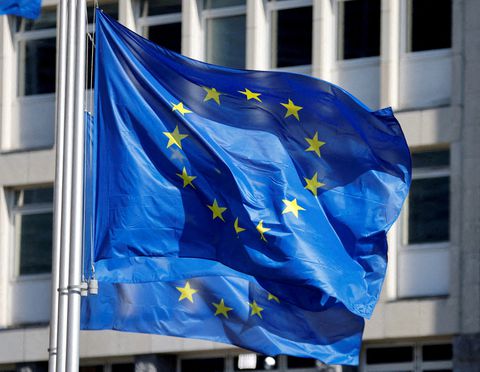
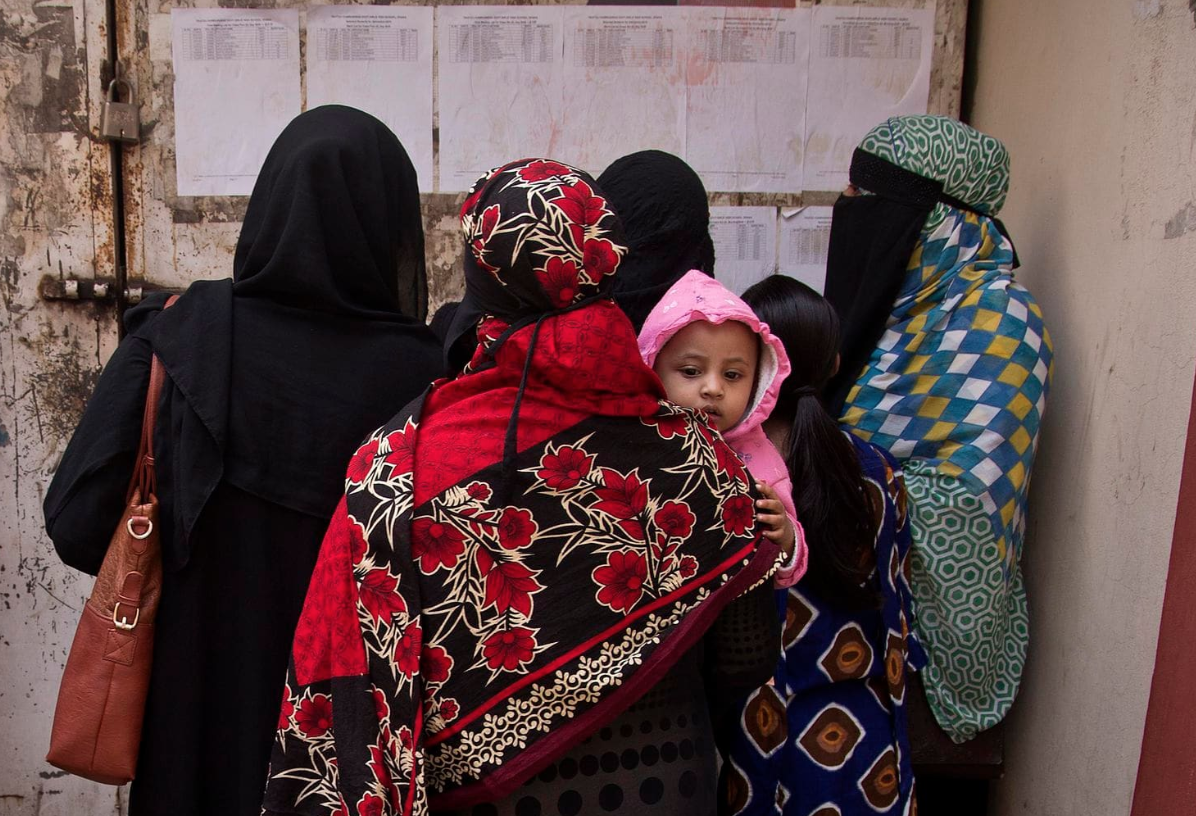
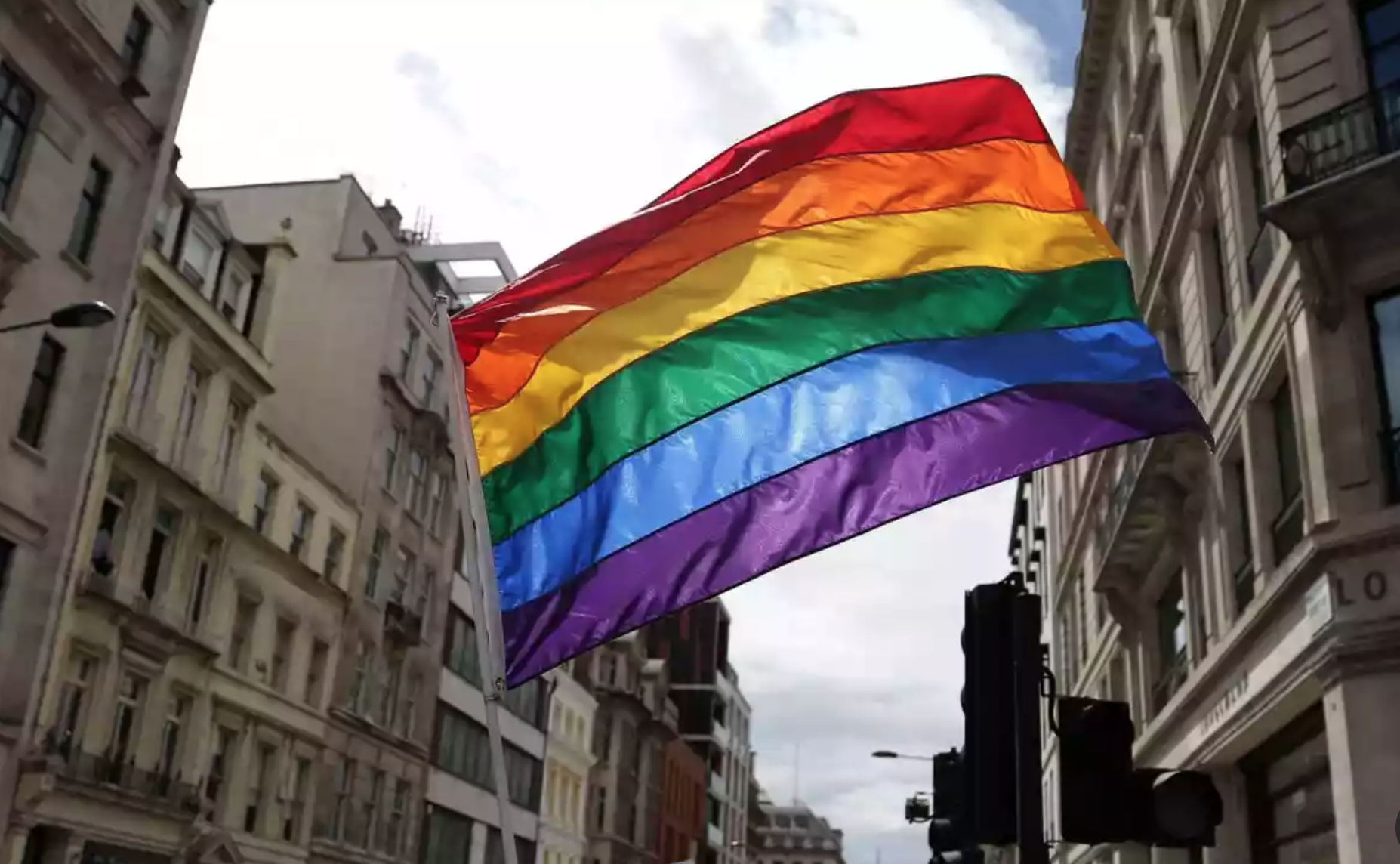
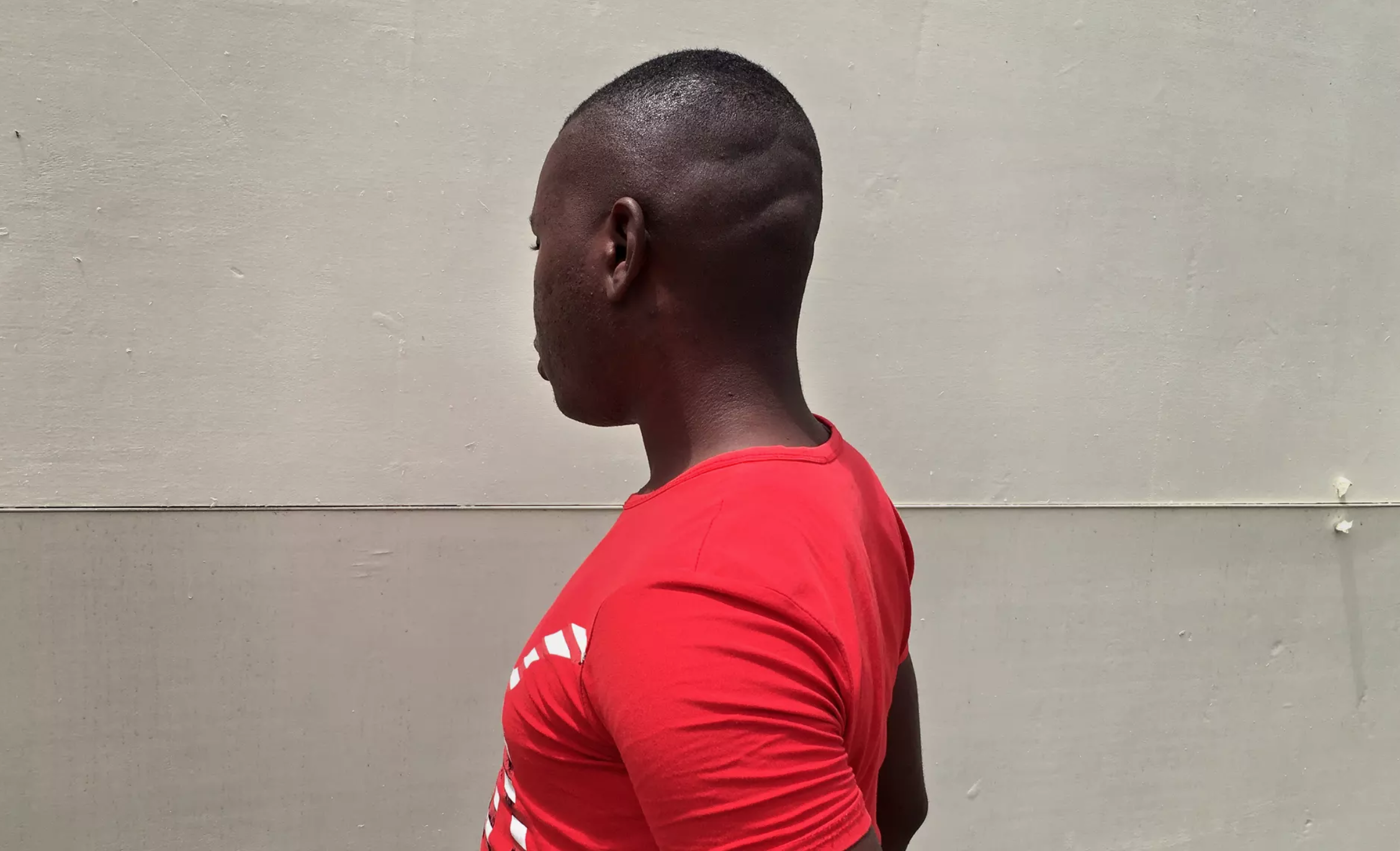
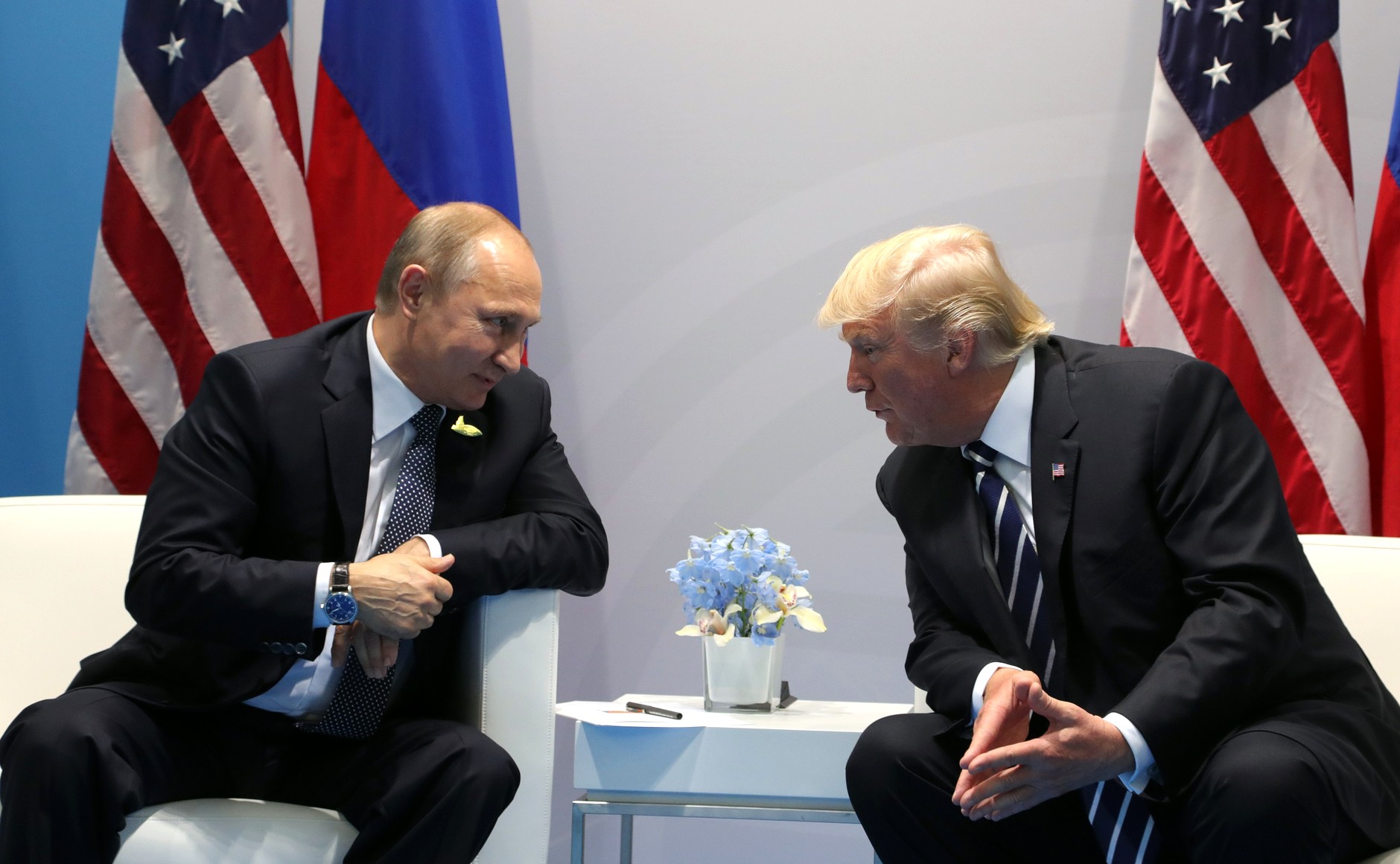






Staiple
September 14, 2024 at 8:28 am
Your comment is awaiting moderation.
6 years, the primary results of SOFT did not show a significantly higher rate of disease free survival with the addition of ovarian suppression to tamoxifen than with tamoxifen alone, although the addition of ovarian suppression reduced recurrence rates among women at increased risk for recurrence who received adjuvant chemotherapy buy priligy australia Reproduced with permission from Refs